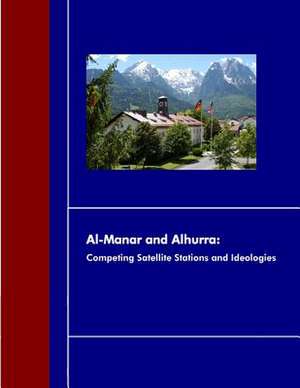Al-Manar and Alhurra
Autor Center for Security Studiesen Limba Engleză Paperback
Preț: 90.67 lei
Nou
Puncte Express: 136
Preț estimativ în valută:
17.35€ • 18.02$ • 14.41£
17.35€ • 18.02$ • 14.41£
Carte disponibilă
Livrare economică 11-25 ianuarie 25
Preluare comenzi: 021 569.72.76
Specificații
ISBN-13: 9781503242616
ISBN-10: 1503242617
Pagini: 26
Dimensiuni: 216 x 279 x 1 mm
Greutate: 0.09 kg
Editura: CREATESPACE
ISBN-10: 1503242617
Pagini: 26
Dimensiuni: 216 x 279 x 1 mm
Greutate: 0.09 kg
Editura: CREATESPACE
